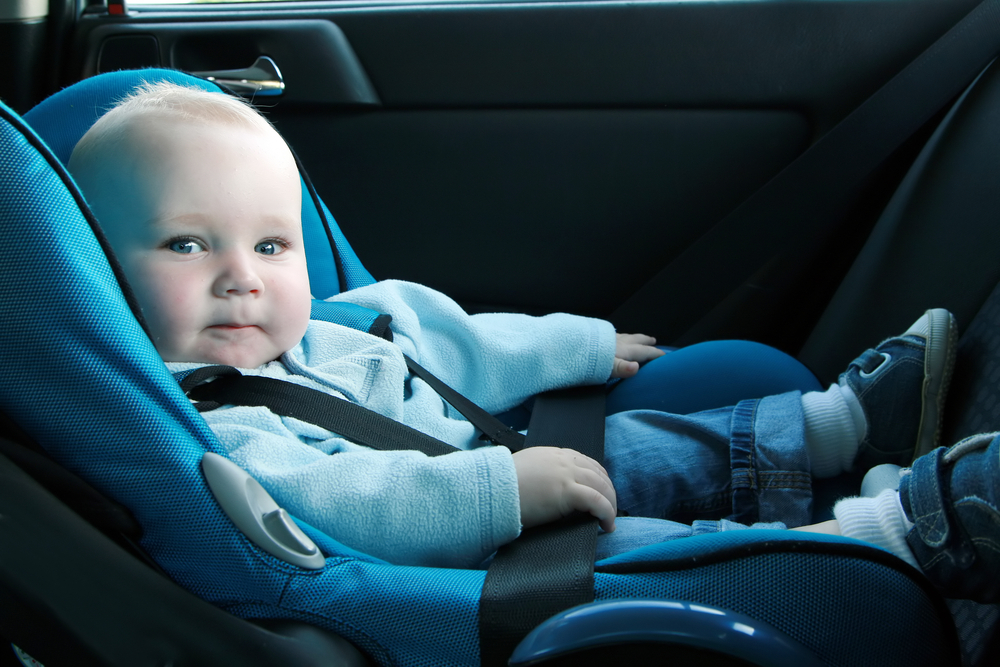Most Parents Use Car Seats Unsafely

Almost three-quarters of parents fail to follow the safety advice to use rear-facing car seats for their toddlers until age 2, a new study finds. Instead, most parents turn their child's car seat around, to a front-facing position, at an earlier age than recommended, and a quarter of parents even turn the seats around before their child reaches 1 year old.
"There are lots of reasons why parents are eager to change from the rear-facing to forward-facing seat," study co-author Dr. Michelle Macy, a pediatric emergency medicine specialist at the University of Michigan's C.S. Mott Children's Hospital, said in a statement. For example, parents may think their children are too large for their rear-facing seats, or parents may prefer seeing their children when driving, Macy said.
"But delaying the switch can make a big difference. In Sweden, it is culturally accepted that children up to age 4 are in rear-facing seats, and child traffic fatalities [in that country] are among the lowest in the world," Macy said. [9 Weird Ways Kids Can Get Hurt]
Previously, U.S. guidelines recommended keeping children in a rear-facing seat until age 1, but in March 2011, the American Academy of Pediatrics changed the recommendation, saying that it is safer for children to remain in a rear-facing seat until age 2, or until children have outgrown the weight or height limits of their rear-facing seat.
In the new study, the researchers found that in 2013, 24 percent of parents said they had turned their babies to face forward before the child was 1 year old. Only 23 percent reported waiting until the child was 2 to turn the seat around to the front-facing position.
However, the new data did show a trend of improvement among parents, the researchers said. In 2011, 33 percent of parents said they had turned their toddlers to face forward before the kids were 1 year old, and just 16 percent reported waiting until the child reached 2.
Still, more children will be safer if more parents follow the guidelines. Car accidents remain a leading cause of death among children, and that is partly because many child passengers are not properly restrained, the researchers said.
Sign up for the Live Science daily newsletter now
Get the world’s most fascinating discoveries delivered straight to your inbox.
The study was published Jan. 5 in the journal Academic Pediatrics.
Email Bahar Gholipour. Follow Live Science @livescience, Facebook & Google+. Originally published on Live Science.

Crop circles surround Iraq's multicolored 'Sea of Salt' after years of drought — Earth from space
Watch humanlike robot with bionic muscles dangle as it twitches, shrugs and clenches its fists in creepy video
'The parasite was in the driver's seat': The zombie ants that die gruesome deaths fit for a horror movie










